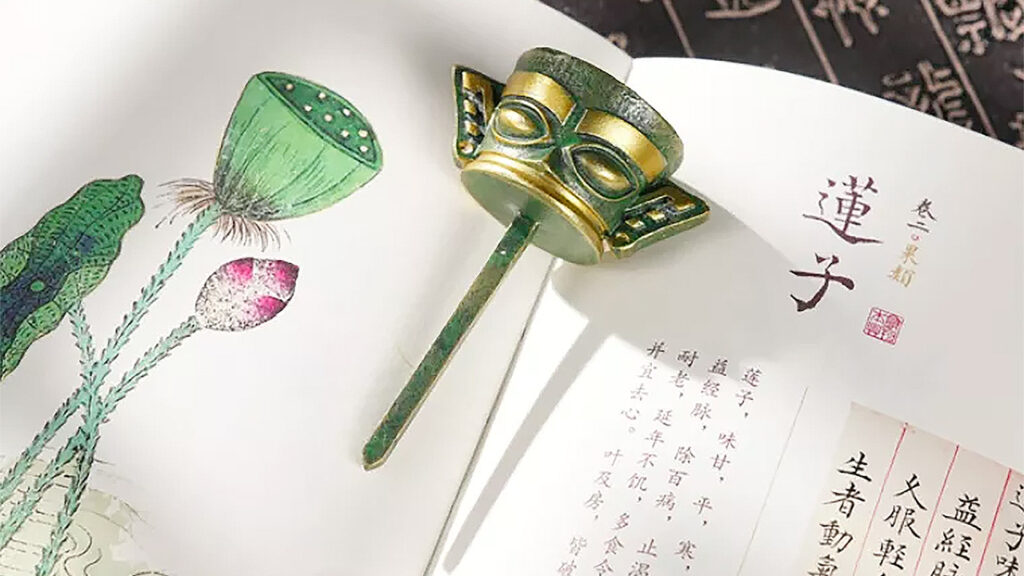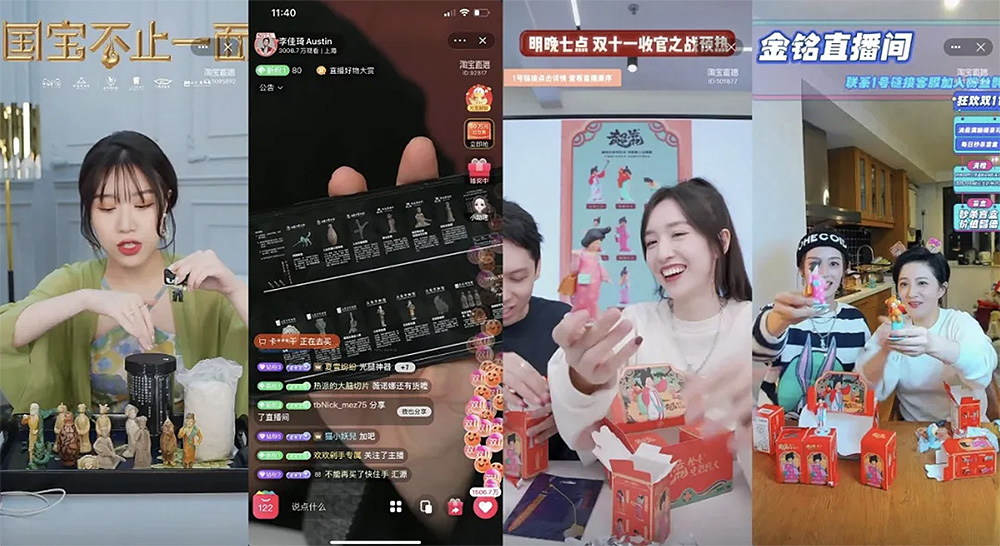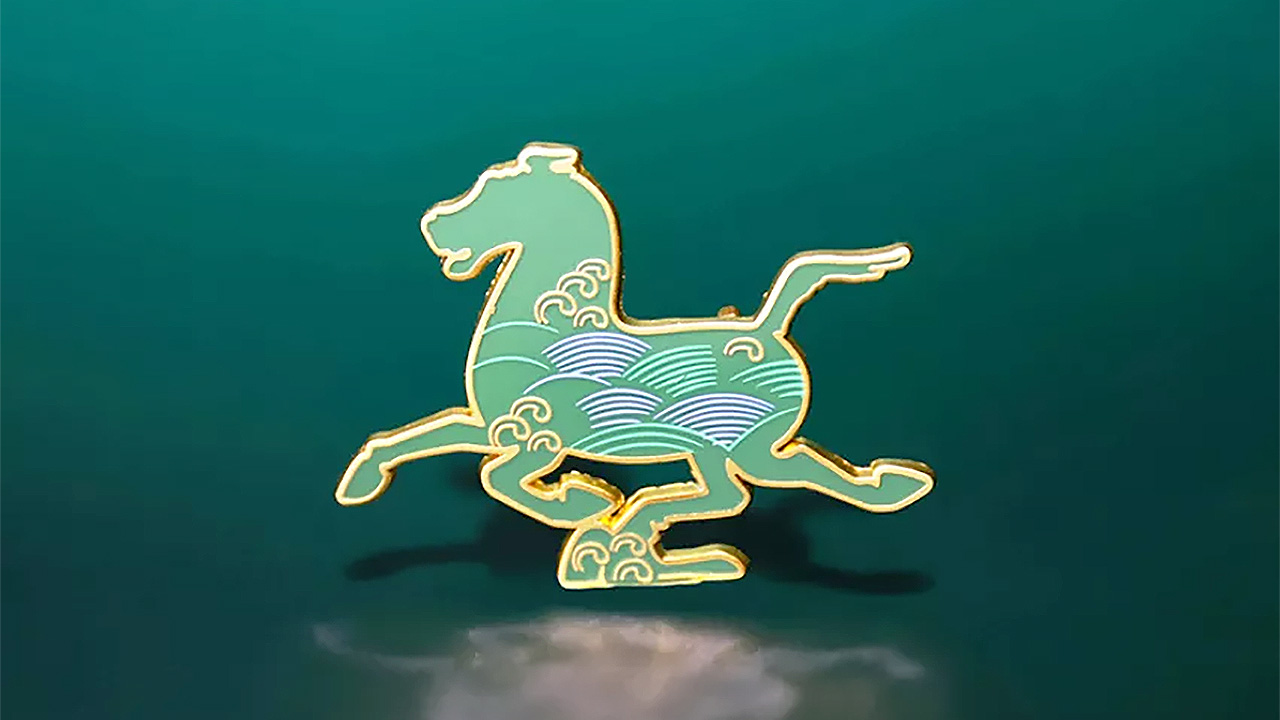Over Tmall’s Double 11 shopping festival from November 1 to 11, cultural and creative categories emerged as the clear frontrunners in sales and popularity. The event on the e-commerce platform saw more than 100 cultural institutions in participation, with the key phrase “Museum Cultural Creation” gaining significant traction, and sales growing by an explosive 400 percent year-on-year.
What is Double 11?
Also known as Singles’ Day, the unofficial holiday has become one of China’s most popular shopping seasons. Since 2009, Tmall has joined other e-commerce platforms such as JD.com and Suning in transforming Double 11 into a major shopping event, offering an opportunity for brands to reach Chinese consumers, and for online shoppers to enjoy discounts, promotions, and special launches. Now in its 13th year, Tmall’s Double 11 festival has only grown in scale, with the new additions of pre-sales and livestreaming propelling sales beyond 100 million yuan in 2020.
What happened

The blind box series, “National Treasures Have More Than One Face,” features reproductions of cultural relics from five cultural institutions. Image: Tmall
While institutions such as the Palace Museum, National Museum of China, and Suzhou Museum are seasoned Double 11 participants with well-established presences on Tmall, the portal saw newcomers to this year’s shopping extravaganza. Henan Museum and Gansu Provincial Museum joined Tmall on the eve of Double 11, and cultural sites like the Du Fu Thatched Cottage have launched official flagship stores.
In particular, this year’s event tapped into local consumers’ growing appreciation for cultural heritage. Tmall teamed up with five cultural institutions, including Luoyang Museum, Sanxingdui Museum, and Suzhou Museum, to launch blind boxes as part of a series dubbed “National Treasures Have More Than One Face” and containing recreations of 18 iconic relics. These products — notably Henan Museum’s Archaeological Blind Box, which asks buyers to “excavate” and assemble reproductions of cultural relics — were some of the event’s top-selling goods.
The above collaboration was further promoted with a creative short film, a livestream anchored by popular hosts such as Li Jiaqi and Chao Ran, and a dedicated hashtag that, by the end of the week, received about 250 million views and had been included in 450 million discussions on Weibo.
On Tmall’s part, it has introduced a number of new functions such as one-click shopping to optimize the retail experience in time for Double 11. By November 12, the total transaction value of Tmall’s Double 11 festivities reached 540.3 billion yuan.
Why it matters


Above: One of six cultural relic reproductions from Sanxingdui Museum’s blind box series. Below: The livestream event that accompanied Double 11, featuring the unboxing of cultural relic blind boxes. Images: WeChat
Between 2017 and 2019, Tmall has seen the number of buyers of cultural products quadruple; and judging by the response to its latest Double 11 event, the demand for museum goods isn’t stopping anytime soon. Cultural institutions newly arriving to the licensing space are also evidencing a drive and savvy when it comes to adapting their IP to engage cultural consumers, launching products and activations that are spurring the sector’s maturity.
Tmall, too, understanding the appeal of and appetite for these products, has finely honed its marketing push to capitalize on an ongoing consumer trend. Its KOL-led activities and marketing materials that center on cultural relics demonstrate its efforts to better reach post-’95 consumers, which make up close to 40 percent of its customer base.
As a portal that, a few years ago, launched a cultural plan to “platform the treasures of the world’s museums,” Tmall is fully intent on growing the quality and social value of its Double 11 events, according to Chuuxue, Vice President of Tmall Business Group. Certainly, partnerships with museums will continue to be part of its offering, boding well for the health of China’s cultural IP sector.
Translated by Min Chen



